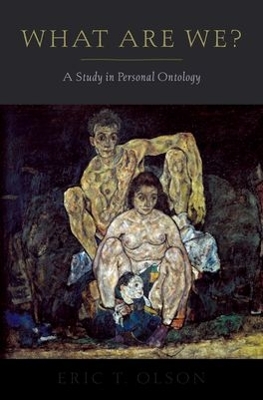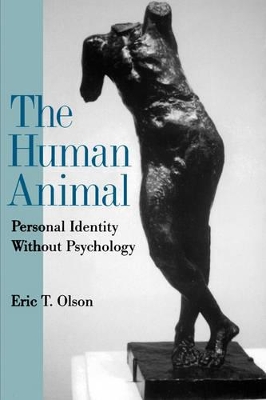Philosophy of Mind
2 total works
From the time of Locke, discussions of personal identity have often ignored the question of our basic metaphysical nature: whether we human people are biological organisms, spatial or temporal parts of organisms, bundles of perceptions, or what have you. The result of this neglect has been centuries of wild proposals and clashing intuitions.
What Are We? is the first general study of this important question. It beings by explaining what the question means and how it differs from others, such as questions of personal identity and the mind-body problem. It then examines in some depth the main possible accounts of our metaphysical nature, detailing both their theoretical virtues and the often grave difficulties they face.
The book does not endorse any particular account of what we are, but argues that the matter turns on more general issues in the ontology of material things. If composition is universal-if any material things whatever make up something bigger-then we are temporal parts of organisms. If things never compose anything bigger, so that there are only mereological simples, then we too are simples-perhaps the immaterial substances of Descartes-or else we do not exist at all (a view Olson takes very
seriously). The intermediate view that some things compose bigger things and others do not leads almost inevitably to the conclusion that we are organisms. So we can discover what we are by working out when composition occurs.
What Are We? is the first general study of this important question. It beings by explaining what the question means and how it differs from others, such as questions of personal identity and the mind-body problem. It then examines in some depth the main possible accounts of our metaphysical nature, detailing both their theoretical virtues and the often grave difficulties they face.
The book does not endorse any particular account of what we are, but argues that the matter turns on more general issues in the ontology of material things. If composition is universal-if any material things whatever make up something bigger-then we are temporal parts of organisms. If things never compose anything bigger, so that there are only mereological simples, then we too are simples-perhaps the immaterial substances of Descartes-or else we do not exist at all (a view Olson takes very
seriously). The intermediate view that some things compose bigger things and others do not leads almost inevitably to the conclusion that we are organisms. So we can discover what we are by working out when composition occurs.
Most philosophers writing about personal identity in recent years claim that what it takes for us to persist through time is a matter of psychology. In this groundbreaking new book, Eric Olson argues that such approaches face daunting problems, and he defends in their place a radically non-psychological account of personal identity. He defines human beings as biological organisms, and claims that no psychological relation is either sufficient or necessary for an
organism to persist. Rejecting several famous thought experiments dealing with personal identity, he instead argues that one could survive the destruction of all of one's psychological contents and capabilities as long as the human organism remains alive.
organism to persist. Rejecting several famous thought experiments dealing with personal identity, he instead argues that one could survive the destruction of all of one's psychological contents and capabilities as long as the human organism remains alive.

